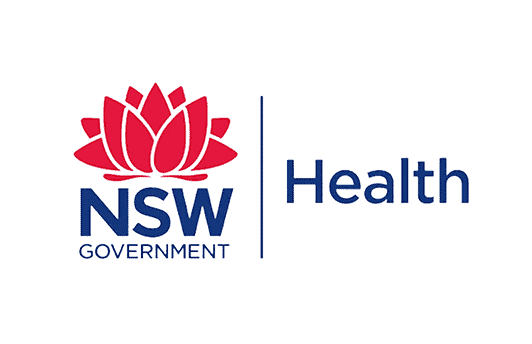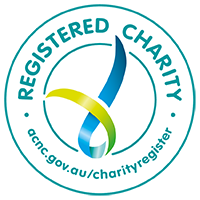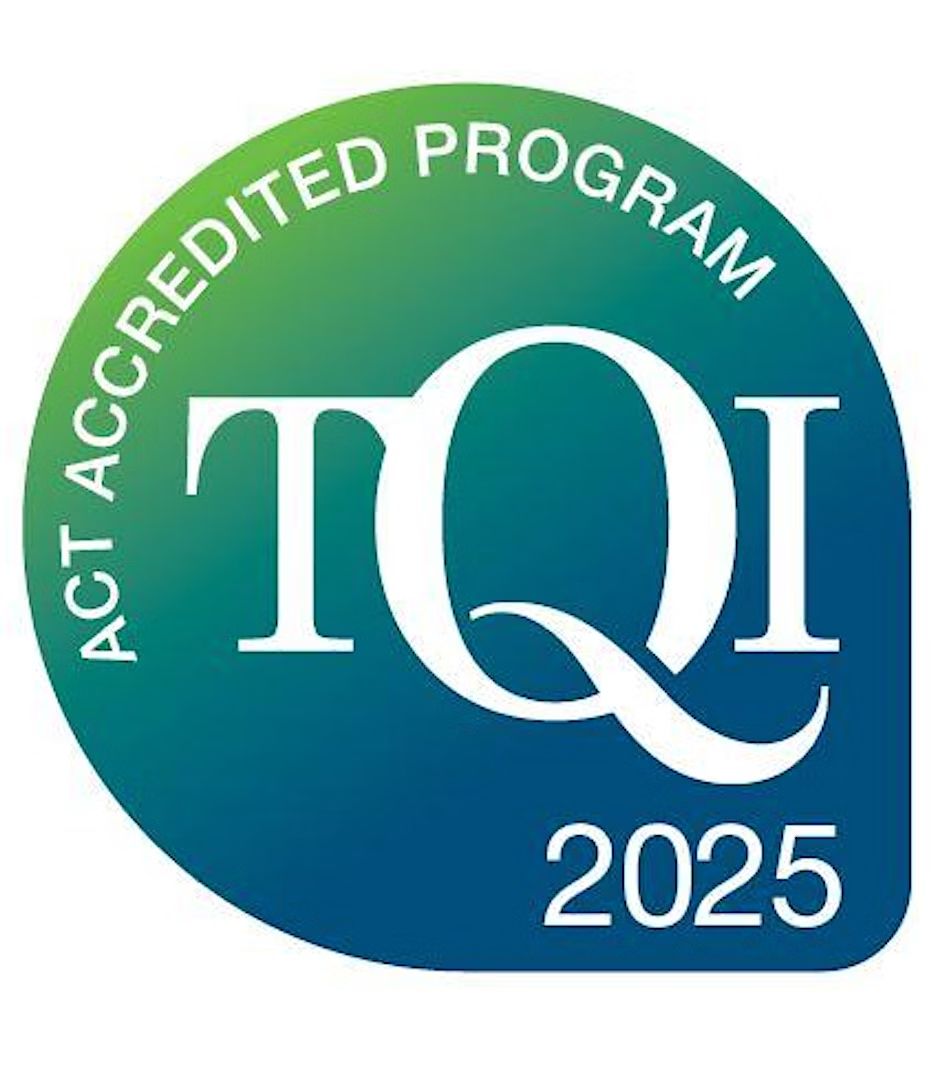The Federal Government’s recent ‘rapid review’ into school wellbeing highlights the critical importance of a whole-school approach to promoting student wellbeing and creating thriving, positive school communities. Research shows that whole-school wellbeing education programs can significantly improve school climate, student engagement, and overall academic performance.
Why a whole-school approach matters
A whole-school approach involves cohesive, collective and collaborative action by a school community, strategically designed to enhance student wellbeing and the conditions that support this. Key components include:
- Partnering with parents and carers to reinforce positive values
- School-wide policies that promote positive behaviour
- A focus on building strong relationships in key environments (e.g. classrooms, playgrounds)
- Promoting a culture of mutual support and respect
Elements of an effective whole-school approach
Leadership and capacity building
Strong leadership is essential for implementing and sustaining a whole-school approach. Programs like Peer Support equip all students with the training and resources needed to foster a learning environment where every member of the school community feels safe, connected, and respected.
Inclusive school culture
A truly inclusive school culture goes beyond surface-level gestures – it actively celebrates diversity, ensures every student feels valued, and cultivates respectful relationships. Programs that embed inclusivity into daily practices help create environments where all students can thrive academically, socially, and emotionally.
Student voice and participation
Empowering students to have a say in decision-making fosters a sense of ownership and belonging. When students feel heard and valued, they are more engaged in their learning and wellbeing, reducing behaviors like bullying and promoting positive interactions.
Community collaboration
Schools succeed when families and communities are actively involved. Collaboration between schools, parents and carers, and community organisations strengthens student learning, growth, and wellbeing through meaningful engagement activities.
Staff development and support
The Peer Support Program builds teacher capacity by providing practical training and resources that enable educators to lead peer-led wellbeing activities effectively. Teachers develop skills to strengthen student relationships and create a supportive school culture that aligns with curriculum goals.
Data-driven decision making
Tracking progress is critical for improving school wellbeing initiatives. The Peer Support Program member resources include pre- and post-program surveys that allow schools to measure effectiveness, identify areas for improvement, and tailor strategies to meet the unique needs of their students.
Case-study: Lisa’s experience with Peer Support
The Peer Support Program exemplifies how a whole-school approach to wellbeing education can create positive school environments. Lisa Cadorin from Bulli Public School shares her school’s success:
“The Peer Support Program we ran last year was a great success, bringing students and teachers together in a supportive and engaging way. Our student leaders showed strong communication and mentoring skills, building positive relationships with their younger peers. Teachers appreciated the way the program encouraged teamwork and personal growth, creating a more inclusive school environment. Parents also shared positive feedback, noting that their children enjoyed participating and gained confidence from the experience. Seeing the program unfold successfully and make a real impact was incredibly rewarding.”
Implementing a whole-school approach:
Ms Pearman says that positive student relationships are best achieve through a whole-of-school approach.
“This means addressing all facets of the school community and its relationships,” Ms Pearman says.
“This includes having a committed leadership team, a focus on culture and the physical environment, and integrated approaches to teaching and learning including professional development and strong partnerships with parents and carers.”
Contact us today to find out more about the Peer Support program. Email admin@peersuppport.edu.au or phone 1300 579 963.
Improve school-wide student wellbeing
Discover how Peer Support can build student wellbeing at your school, with this free ebook.





